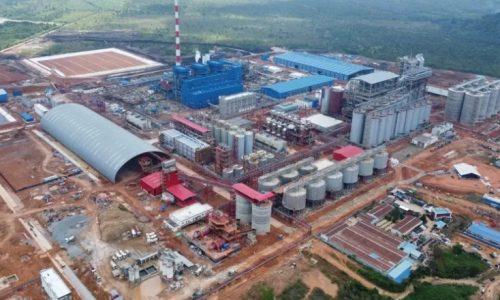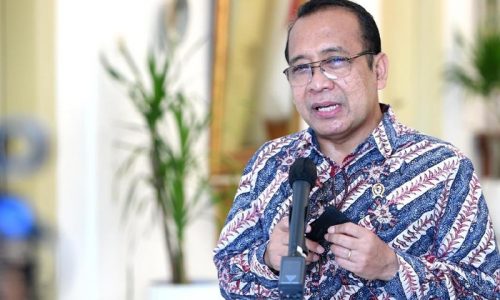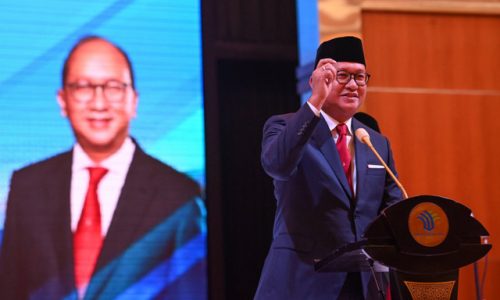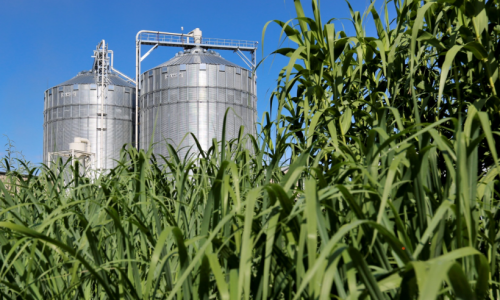PT Chandra Asri Pacific (Chandra Asri Group) has set up a partnership with TUKR, a unit of Biofront Commodities in Indonesia, to invest in the supply and collection of renewable fuel feedstock.
This collaboration marks an expansion of Chandra Asri’s environmentally friendly business portfolio, securing a stable supply of raw materials for its bio-refinery aimed at producing biofuels.
TUKR, known for its extensive used cooking oil collection network, operates in major cities across Indonesia, collaborating with restaurants, hotels, and malls to collect waste cooking oil.
This oil will be delivered to bio-refineries to produce sustainable biofuels, including Sustainable Aviation Fuel (SAF), supporting Indonesia’s renewable energy objectives.
Suryandi, Chandra Asri Group’s Director of Human Resources and Corporate Affairs, highlighted that this investment aligns with the Indonesian government’s renewable energy goals, enhancing energy sovereignty.
“Our strategic move positions Chandra Asri as a leader in renewable energy, underscoring our commitment to addressing global climate challenges,” Suryandi said on Monday, October 28, 2024.
The partnership with Biofront marks a major milestone in Chandra Asri’s sustainability journey, strengthening its role in Southeast Asia’s transition to green energy.
The bio-based feedstocks, such as bio-naphtha from used cooking oil, are essential in promoting sustainable industrial practices.
This circular economy initiative aims to optimize resource efficiency, while Chandra Asri is also open to future partnerships in circular economy sectors, like recycling used tires and plastic waste.
Fahad Farooq, CEO of Biofront Commodities, emphasized that access to reliable feedstock is crucial for bio-refinery success.
He noted that Chandra Asri’s expertise in chemical logistics strengthens Biofront’s supply chain capabilities, enabling Chandra Asri Group to receive critical bio-based materials.
Additionally, Biofront aims to expand waste stream collaborations, including pyrolysis oil production from local waste materials, to further reduce carbon emissions in Indonesia.









